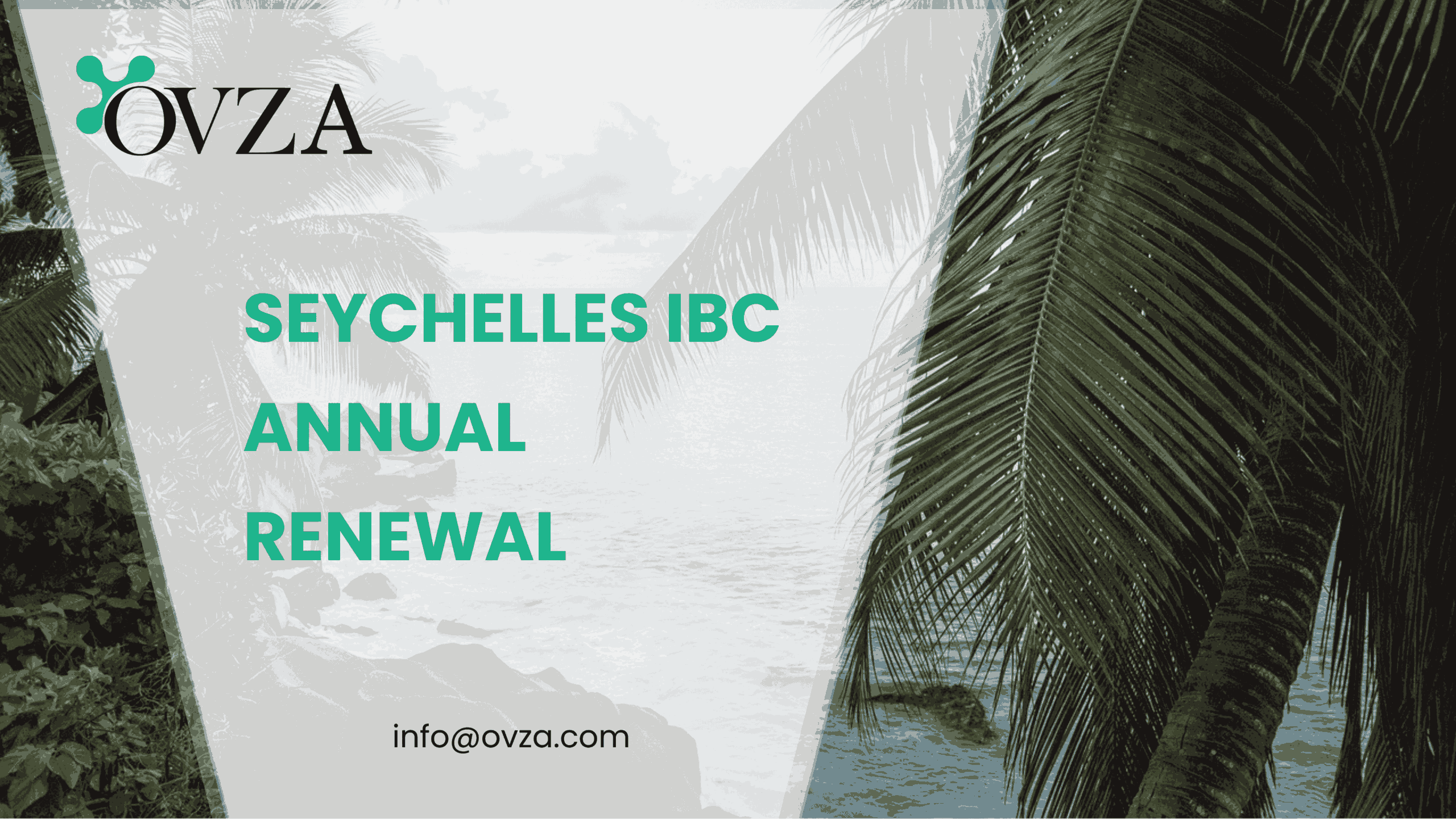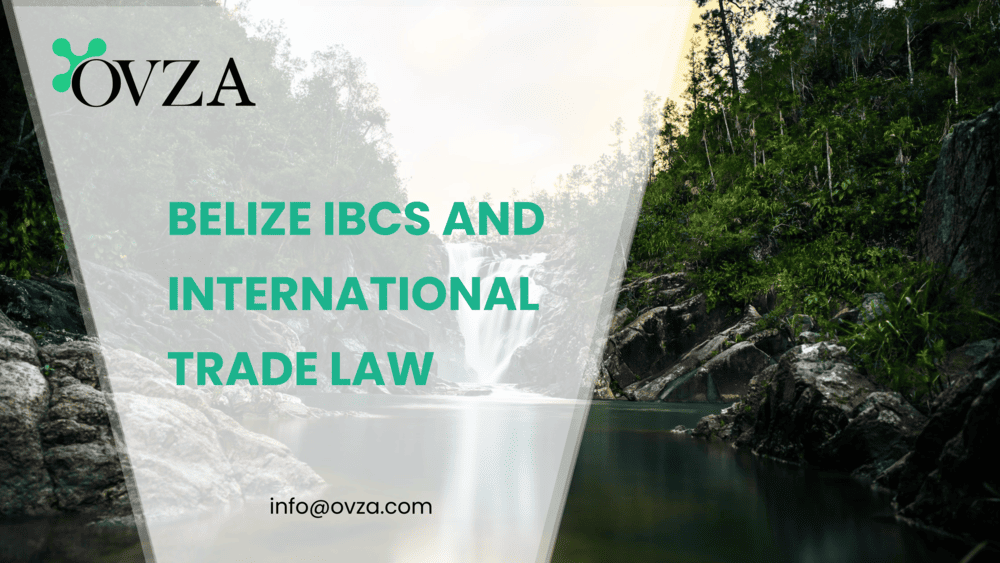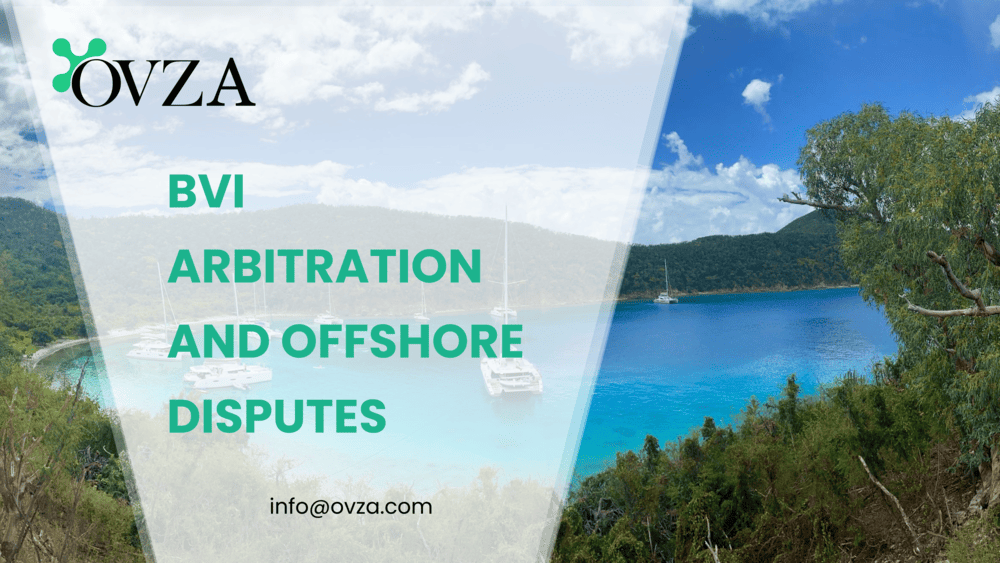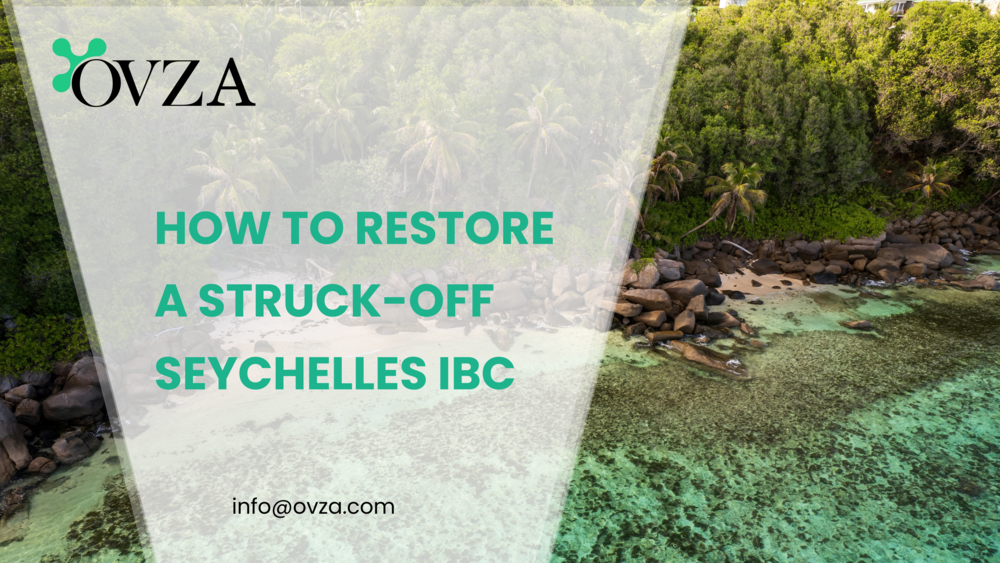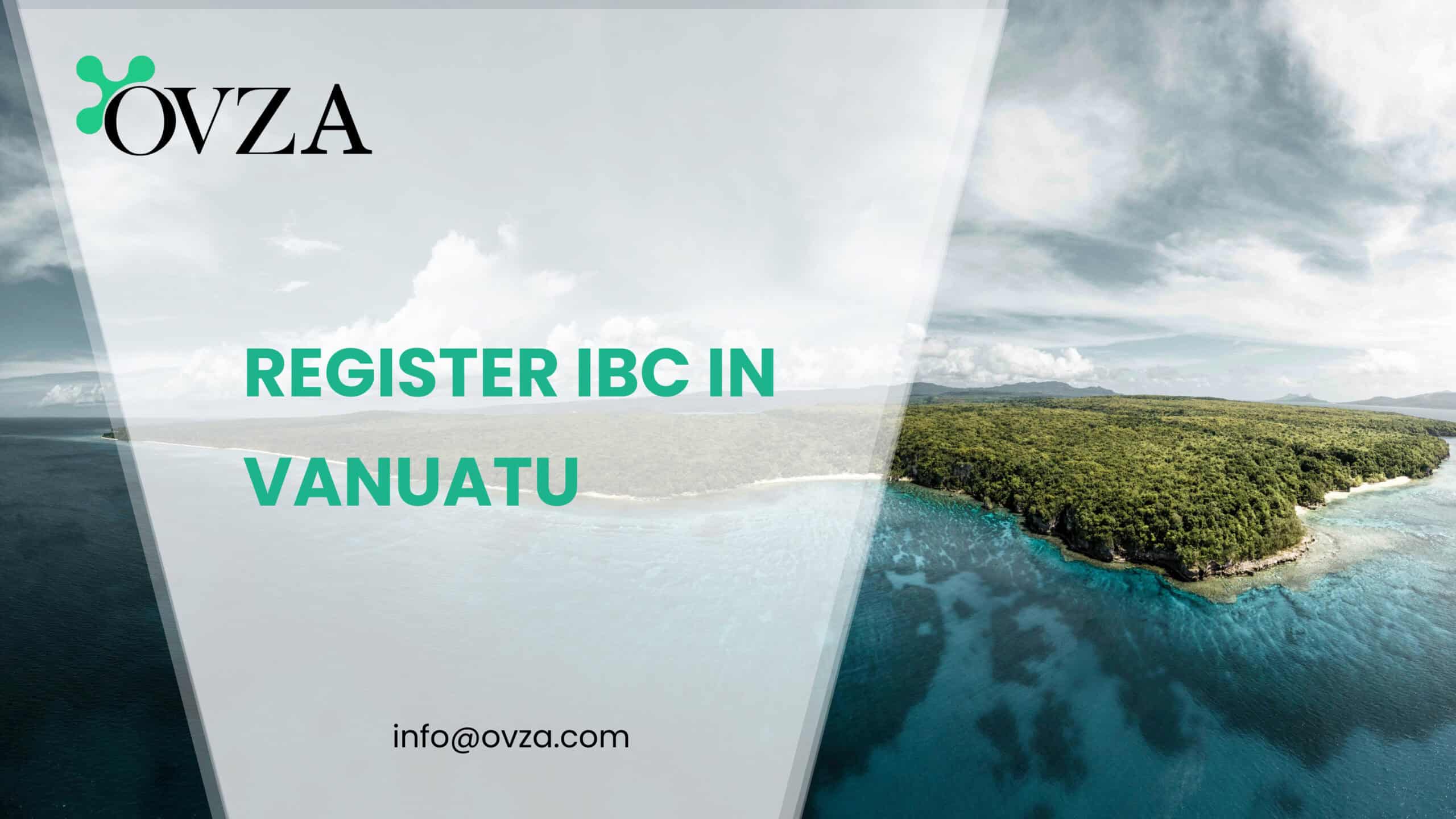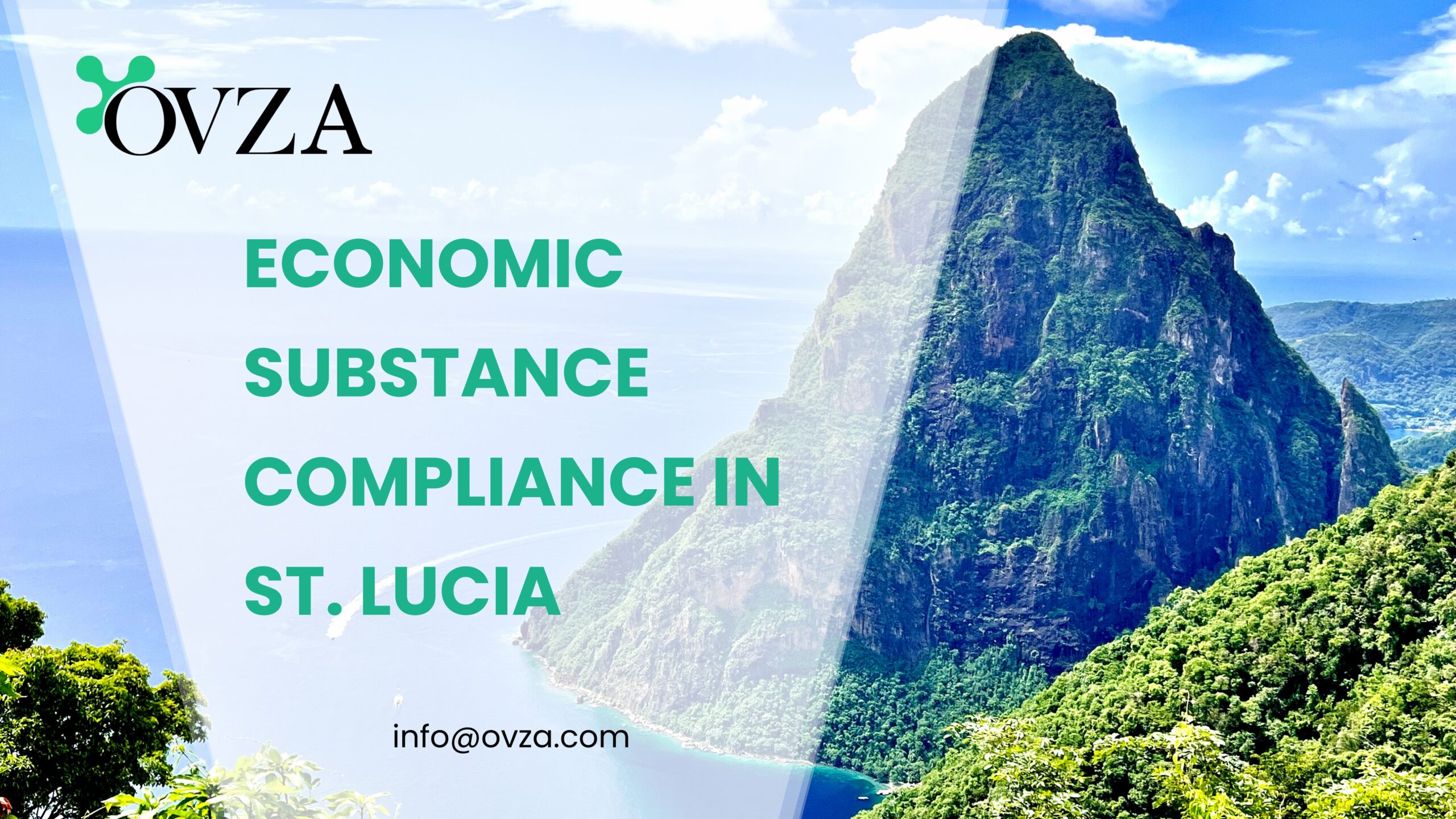An offshore company can legally own a local subsidiary in many jurisdictions, but compliance rules vary significantly.
An offshore company local subsidiary structure is a common setup in global business.
It involves an offshore entity owning a subsidiary in another jurisdiction. Jurisdictions like Seychelles or BVI are often used for the parent company. The structure is legal but requires careful tax and compliance planning. Laws vary by country, so obligations must be understood on both sides.
Legal Framework for Ownership
In general, jurisdictions permit foreign companies, including offshore entities, to hold shares in local corporations. This means that an offshore company local subsidiary can be formed in countries like the United States, Canada, the UAE, or even within the EU, provided it adheres to applicable disclosure and regulatory frameworks.
Ownership and Control Disclosure
One of the most important legal aspects of forming an offshore company local subsidiary is ownership transparency. Many jurisdictions now mandate disclosure of the ultimate beneficial owner (UBO). This can complicate efforts to retain privacy through nominee structures.
According to the OECD, more than 100 countries have adopted beneficial ownership reporting laws. In the UK, for example, a foreign-owned local company must file information on its controlling persons in the PSC Register. The European Union requires similar disclosures under the Fifth Anti-Money Laundering Directive (5AMLD).
Tax Implications and Substance Rules
From a tax planning standpoint, having an offshore company local subsidiary can be beneficial. Profits can be repatriated to the offshore parent as dividends, management fees, or royalties. However, local tax authorities may apply withholding taxes or require transfer pricing documentation to prevent base erosion. In some cases, especially when the offshore jurisdiction is considered a “non-cooperative tax jurisdiction,” the local subsidiary may face higher scrutiny. For example, under OECD BEPS Action 5, jurisdictions like the Seychelles and Belize have introduced economic substance laws for companies earning passive income.
The Managing Director at LexisNexis Risk Solutions, stated during a panel on global corporate transparency at the International Bar Association (IBA):
“Owning a local subsidiary through an offshore company is legally permitted in most jurisdictions. The challenge is not in setting it up but in maintaining compliance, especially under today’s transparency-focused regulatory environment.”
Practical Use and Legal Implications
Using an offshore company local subsidiary structure is a common and legal method for international expansion. Typically, the offshore parent company is formed in jurisdictions like Seychelles, Belize, or the British Virgin Islands, while the subsidiary operates in a higher-tax or regulated jurisdiction such as the UK, the UAE, or Singapore. This setup enables companies to separate global ownership from local operations. However, such a structure is only sustainable if managed with full compliance, transparency, and proper legal documentation.
In this structure, the local subsidiary handles operations, while the offshore company holds assets or revenue. Without economic substance, tax authorities may ignore the offshore entity.
Across multiple jurisdictions, transparency rules now require disclosure of the ultimate beneficial owner (UBO). Even if the offshore jurisdiction does not impose public filing obligations, the country where the subsidiary is formed often does. For example, a Seychelles IBC that owns a UK company must comply with the UK’s People with Significant Control (PSC) register. Similarly, in Germany and most of the European Union, the Fifth Anti-Money Laundering Directive mandates that beneficial ownership be recorded and available to authorities.
Legal Capacity, Enforceability, and Cross-Border Strategy
For an offshore company local subsidiary structure to be legally effective, both the parent and the subsidiary must remain in good standing and fully recognized under the law. The offshore parent’s legal capacity, its ability to own assets, enter contracts, or take legal action, is automatically granted upon incorporation. However, this capacity is immediately lost if the company is struck off, deregistered, or declared inactive.
For example, if a Seychelles IBC owns a local subsidiary in the UAE, the offshore company must remain in good standing under the Seychelles International Business Companies Act, 2016 to continue exercising control. Should it be struck off, the local UAE entity may no longer be able to transfer shares, restructure its board, or sign enforceable agreements with third parties. This is not theoretical, courts in the UK, UAE, and even the Caribbean have ruled that contracts signed by a struck-off parent entity are null and void.
Enforceability is essential in any offshore company local subsidiary structure, especially during high-value transactions like M&A or licensing. Banks and investors require updated documents proving the offshore parent’s legal capacity. Missing filings or expired certificates can delay deals or render agreements unenforceable. Civil law jurisdictions are particularly strict on intercompany contract formalities. Banks also assess both the parent and subsidiary before approving accounts. They may request incorporation papers, shareholder lists, and proof of tax residency. Without clear structure and compliance, onboarding becomes difficult or denied.
Conclusion
Owning a local subsidiary through an offshore company is a legal and widely used strategy in international business. However, its success depends on proper structuring, ongoing compliance, and a clear understanding of cross-border legal obligations. From maintaining corporate capacity to navigating banking and disclosure requirements, every element of the offshore company local subsidiary must be carefully documented and managed. As global transparency and substance regulations continue to evolve, businesses must work with experienced providers – like OVZA – to ensure their structures remain compliant and operational.
Disclaimer: The information provided on this website is intended for general reference and educational purposes only. While OVZA makes every effort to ensure accuracy and timeliness, the content should not be considered legal, financial, or tax advice.




